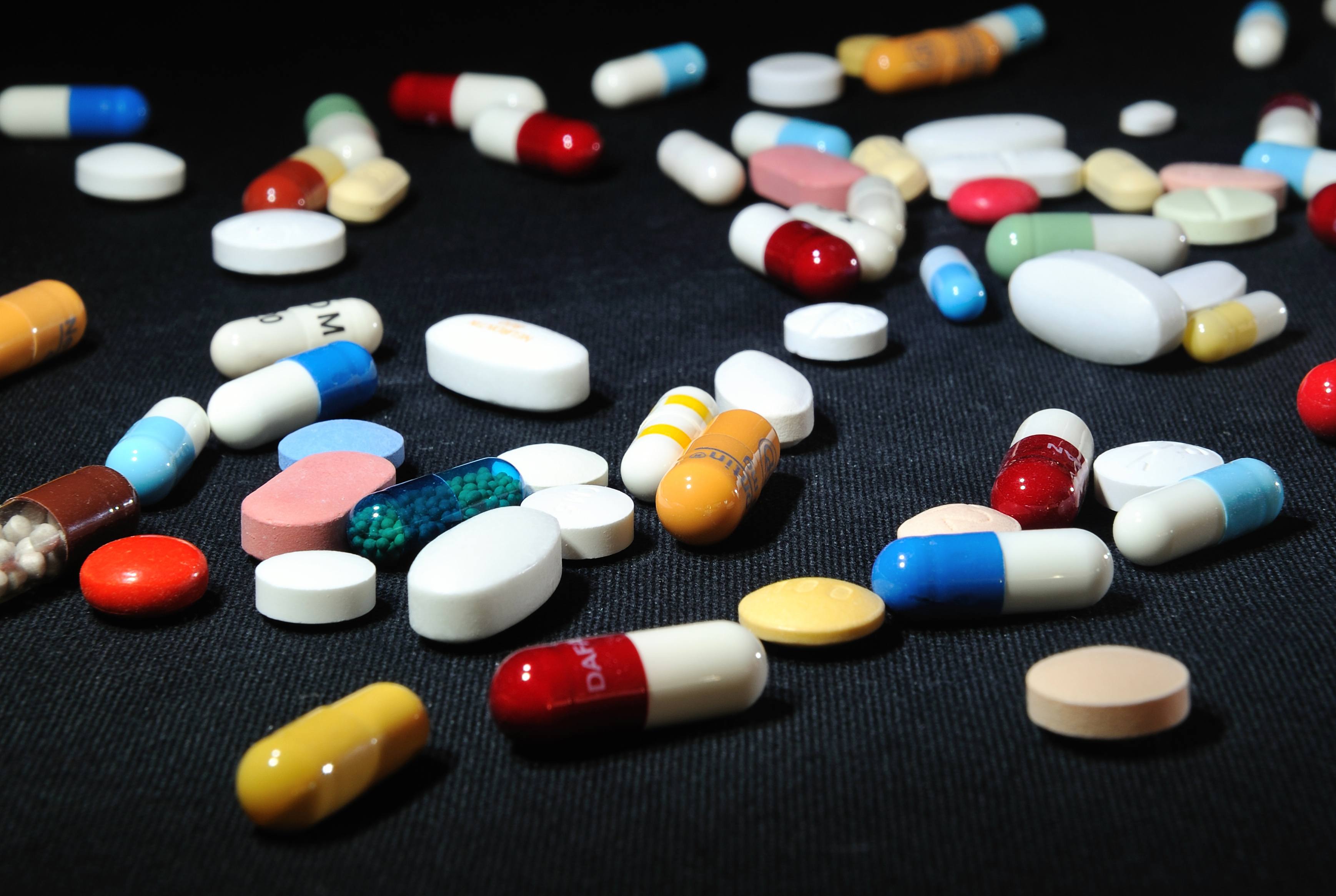Fed up with surprises from the pharmaceutical industry, major hospitals in the US are now teaming up to form their own nonprofit drug company.
It’s an ambitious plan, but hospitals are determined to combat price hikes and chronic shortages in generic drugs. The most notorious of late includes the case of Turing Pharmaceuticals; after having bought rights to the AIDs drug Daraprim, Turning increased prices from $13.50 a tablet to $750 in 2015, eliciting public outrage.
“This is a shot across the bow of the bad guys,” Dr. Marc Harrison of Intermountain Healthcare, the nonprofit hospital group that is spearheading the effort, told the New York Times. “We are not going to lay down. We are going to go ahead and try and fix it.”
The coalition involves some 300 hospitals including the Catholic group Ascension, America’s largest nonprofit hospital system. The U.S. Department of Veterans Affairs is also on board as a consultant.

Fed Up With Monopoly
By monopolizing the rights to old drugs with their patents expired, investors can intentionally create shortages in vital medications, or manipulate generic drug prices as they please. Sometimes the targets are frequently used drugs like morphine or essential medicine such as ones used to treat heart disease.
Anthony R. Tersigni, president and CEO Ascension, told the New York Times that he and other hospital executives felt they had little choice but to try to solve the problem themselves. “We took the position collectively rather than waiting and hoping for the generic drug companies to address it,” he said. “We have to address it head on.”
The company, which is still nameless for the time being, aims to create competition with big pharma; the plan is to manufacture generic versions of drugs produced by fewer companies or in shorter supply, and to sell those directly to hospitals at a reasonable price. They intend to become an FDA-approved manufacturer and plan to either produce the drugs themselves or outsource production to reputable third parties. Officials say that the new company will start by selling drugs to hospitals, and may eventually provide their products to others.

Talking Business
With market manipulation, the price of generic drugs can skyrocket overnight by nearly a 1000 percent. Aside from Daraprim, some examples in the past few years include:
- The asthma medication albuterol sulfate, which increased 40-fold, from $11 to $414
- The antibiotic doxycycline hyclate, which increased more than 90-fold, from an average of $20 to $1849 per bottle
- Blood pressure, high cholesterol, and heart attack meds, which increased between 3- to 40- fold
The coalition hasn’t released the names of the drugs they plan to manufacture, for fear that competitors could temporarily lower prices and sabotage the plan. Dr. Harrison adds that they plan to focus only on certain drugs. “There are individual places where there are problems,” he explained to the New York Times. “We are not indicting an entire industry.”
Nevertheless, with high-profile advisors having their back, the new company is committed to making vital medication affordable for all.
Dr. Kevin A. Schulman at Duke University School of Medicine, who advises the initiative, sums it up perfectly: “If they all agree to buy enough to sustain this effort, you will have a huge threat to people that are trying to manipulate the generic drug market. They will want to think twice.”


